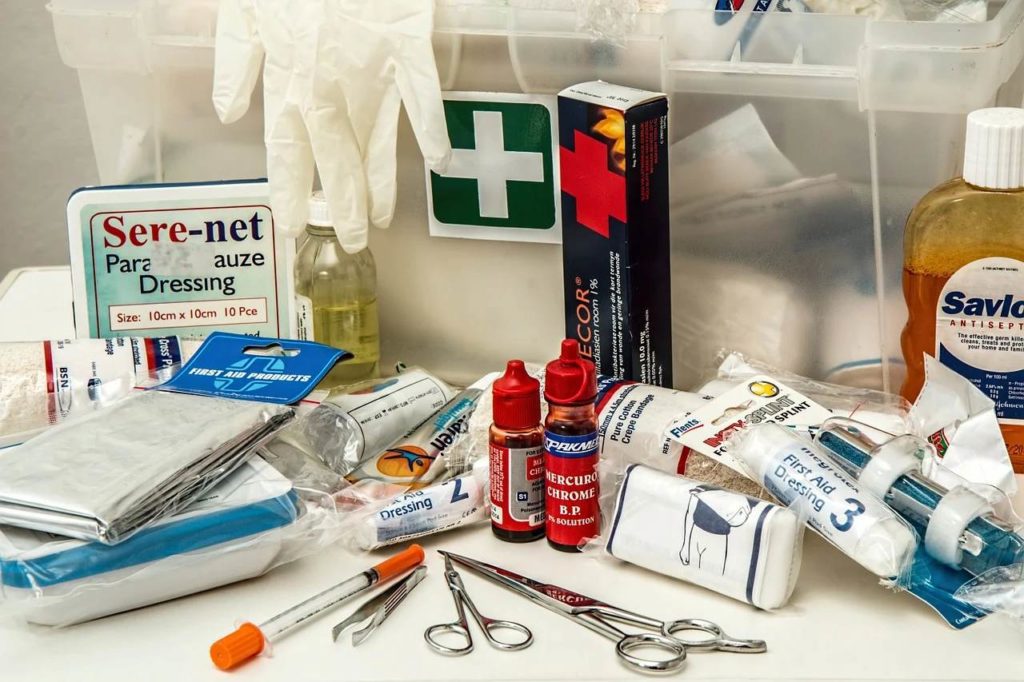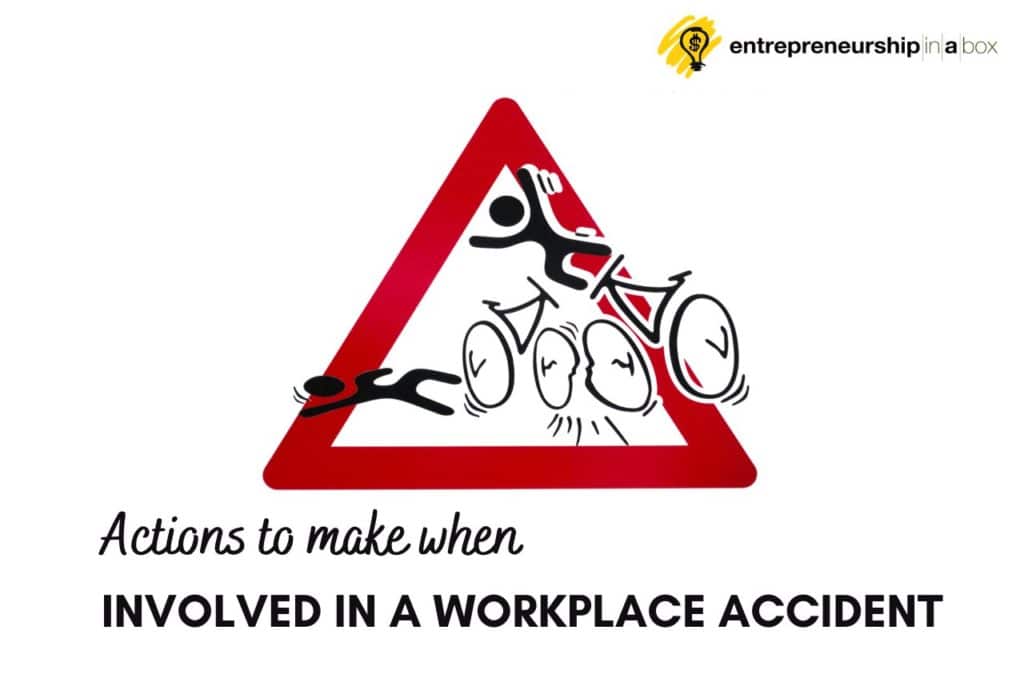No one wants to go to work every day thinking they could be injured at the workplace, but that doesn’t prevent the potential of it happening. We know that some industries are more dangerous than others, such as construction or installations and repairs. Yet, even if you have a desk job, you’re still at risk of getting into a workplace accident.
Most Common Accidents
There are several types of injuries that are common in the workplace. Slips, strains, soreness, or pain, and cuts and lacerations can keep people out of work for quite some time, depending on the severity of the injury. Slips and falls account, roughly, for 26% of injuries. Contact with machinery and other objects also accounts for 26% of workplace accidents. Overexertion in lifting or carrying objects or repeated motions accounts for another 33.5%.
Most employees are protected by OSHA (Occupational Safety and Health Act) regulations, and guidelines are set for employers. Though these guidelines have created safer environments at work for workers, accidents will always still happen. When they do, it’s important to know the right actions to take.
Read on to know more because after workplace accidents, emotions run high and people can easily be confused and forget what steps need to be taken.
Here are some important things you need to watch out for if you want to prevent workplace accidents to happen.
Call 911 After Workplace Accident
Many people will have their own ideas on what to do first, but if the accident resulted in injury, the first thing you need is help. Even if you come out of a workplace accident unscathed, you need to file a report with the police. This report is one of the documents that will be used later on to protect your legal rights when you seek compensation.
First-aid
It’s crucial that everyone is kept as safe as possible. If a minor injury has been sustained to the victim(s), first-aid can be given by the first person to arrive on the scene, until a trained first-aid officer or healthcare professional comes. In severe cases, someone has to get them to a doctor quickly. The doctor will assess the injury and prescribe the needed treatments. Make sure that the first-aid equipment and methods being used are documented. This will also be used later on for compensation.

Do Not Admit Fault Or Assume Liability
You may think you were at fault when you weren’t. Making a statement that admits fault can hinder your chances of receiving compensation. There is a surge of emotions after a workplace accident and these emotions can fool you into admitting fault. Attorneys from https://www.noogalaw.com/, located in Chattanooga, inform us that if you’re being pressured to admit fault, it’s best to contact a lawyer. It’s critical to seek compensation to cover your medical bills, lost wages, temporary or permanent disability, and compensate for other factors concerning the accident. Admitting fault can create unnecessary obstacles toward your main goal. This needs the expertise of a lawyer to intervene on your behalf and handle everything concerning your unique case if you plan to take legal action.
Collect Evidence for Workplace Accident
If you’re able to, collect evidence. This can include taking pictures of the scene, taking down your own notes of what led up to the accident, and how it happened, and collecting witness statements, if available. Do this when everything is still fresh in your mind.
Whenever there is a dispute with your employer concerning your accident, you may decide to lawyer up, and the information you have will be used. If you’ve been seriously injured, you can depend on your lawyer to assume most of the work in seeking justice. The lawyer will also inform you of what documents you may be missing, write up a detailed description of the workplace accident, and organize all your files for negotiations and court. Another major role of an attorney is to separate opinion from fact.
Record All Losses
Compensation doesn’t come in right away. Any out-of-pocket money you may have had to spend needs to be recorded. Anything you have to spend now can be reimbursed later. Besides recording financial losses, also record any other information concerning the accident. When you keep track of your finances, it will help you to organize yourself and help to make sure you haven’t forgotten anything.
A workplace accident can keep you out of work for a while and a mountain of medical bills can follow you, which you can’t pay unless you receive fair compensation from your employer. Unfortunately, not all employers or insurers are cooperative. Your struggle should be in getting better and not dealing with your employer or the insurance company. Through legal representation, the odds are in your favor to receive maximum compensation.





